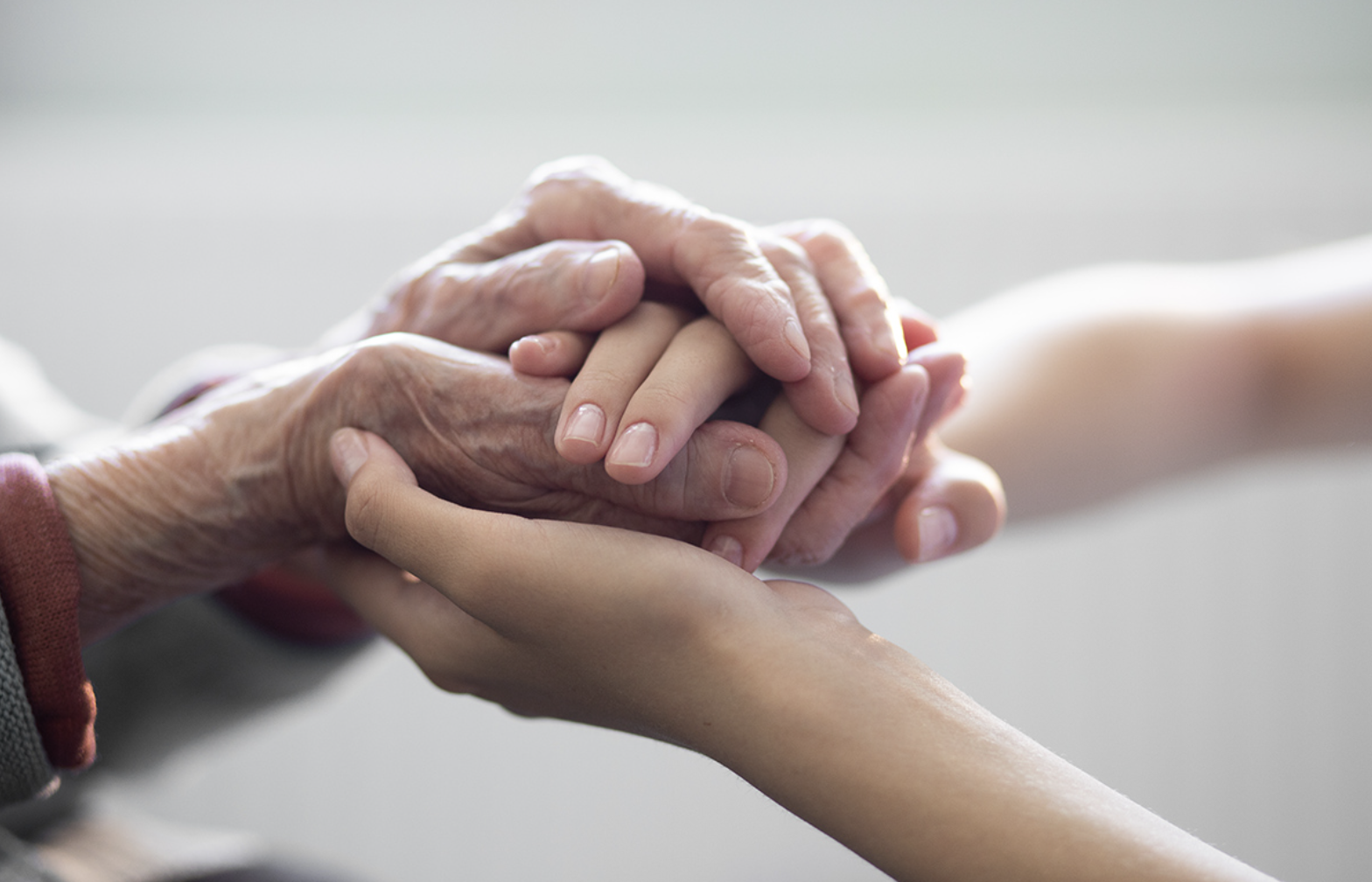
- Details
- By Elizabeth Chambers, WSU Elson S. Floyd College of Medicine Communications an
A growing population of American Indians and Alaska Natives (AI/ANs) over 55 face unique challenges and opportunities for healthy aging, according to a study led by researchers at the Institute for Research and Education to Advance Community Health (IREACH) in the Washington State University Elson S. Floyd College of Medicine.
The researchers hosted a community listening session with AI/AN Elders from the Pacific Northwest, Southwest, and other regions in partnership with the National Indian Council on Aging that identified a range of barriers to Elders receiving necessary social support and care for aging-related diseases. Study participants cited an urgent need for more comprehensive and culturally informed services, including securing additional funding for existing services and timely federal approvals for proposed ones.
These include community-based services so Elders can remain in their homes and communities as they age, and education to improve understanding and reduce stigma around Alzheimer’s disease and related dementias.
“The community is ready to be engaged in this research,” said lead study author Cole Allick, PhD, MHA, a research assistant professor at IREACH and citizen of the Turtle Mountain Band of Chippewa Indians. “We’re going see a huge increase in the number of Elders over the next 25 years, so the time is now. We need to make sure that we’re prepared at a systems level to care for these Elders in our communities.”
Published in the journal Genealogy, the study fills a gap in healthy aging research as one of the first projects to directly engage Elders in a discussion about their needs. AI/AN populations face disproportionately high rates of age-related Alzheimer’s disease and related dementias, largely due to social factors, but are underrepresented in research and often left out of discussions about potential solutions.
Culturally informed services are necessary to address how intergenerational trauma has created mistrust in Western systems among Indigenous communities, according to the study. Participants cited their historical knowledge of past Elders’ experiences with forced removals from their families and placement into government-funded boarding schools designed to assimilate them into mainstream American culture in connection to their own apprehension about being forced into long-term care settings as they age.
Intergenerational solidarity offers another way for community members to support healthy aging, one that reinforces the traditional role of Elders as keepers of generational knowledge that sustains individual and community health, according to Allick. Participants called for restoring the relationship between youth and Elders, treating Elders with kindness and respect, and strengthening community connections to stave off loneliness.
Allick and co-author Marija Bogic, PhD, a senior social scientist at IREACH, also discuss potential solutions, ranging from the individual to the societal, to build the relationships and infrastructure necessary to effectively support Elders as they age, starting with acknowledging the intergenerational trauma and resilience of Indigenous communities.
“I’d really like to see more innovative models of providing care for Elders,” said Allick, who was recently appointed to the Washington State Dementia Action Collaborative to help address the unique care needs of Indigenous communities. “I’m hopeful we can engage communities at the tribal government level and find new ways to create programs for Elders that encompass all the things that we learned from this research.”
Help us defend tribal sovereignty.
At Native News Online, our mission is rooted in telling the stories that strengthen sovereignty and uplift Indigenous voices — not just at year’s end, but every single day.
Because of your generosity last year, we were able to keep our reporters on the ground in tribal communities, at national gatherings and in the halls of Congress — covering the issues that matter most to Indian Country: sovereignty, culture, education, health and economic opportunity.
That support sustained us through a tough year in 2025. Now, as we look to the year ahead, we need your help right now to ensure warrior journalism remains strong — reporting that defends tribal sovereignty, amplifies Native truth, and holds power accountable.
 The stakes couldn't be higher. Your support keeps Native voices heard, Native stories told and Native sovereignty defended.
The stakes couldn't be higher. Your support keeps Native voices heard, Native stories told and Native sovereignty defended.
Stand with Warrior Journalism today.
Levi Rickert (Potawatomi), Editor & Publisher

